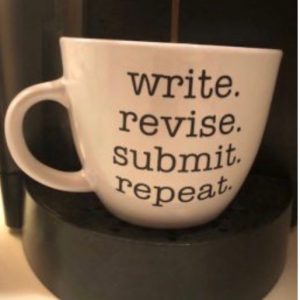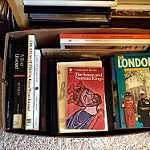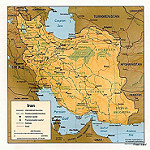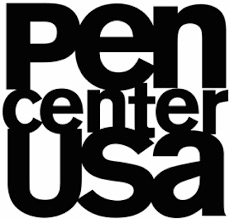This month, NLA’s Tallahj Curry had the pleasure of interviewing Joanna MacKenzie’s client Jonathan Messinger, author of the series The Alien Adventures of Finn Caspian, as well as a podcast of the same name.
You established an audience for your stories through a different avenue. Did you find that made it easier to bring words to a page?
It definitely made it easier. I had over 100 episodes to find the personalities and voices of the characters, and to figure out what resonated with kids, and what jokes or plot lines fell flat. It was a little difficult at first to write for a book, rather than a podcast, because with a podcast I have all sorts of crutches I can rely on: music, sound effects, funny voices. Putting the story in a book meant I had to try to evoke those same feelings just with the words.
What parts of your own personality did you use to write for a young audience?
When I published a book of stories many years ago, a critic said I had written “fiction for aging hipsters.” I was 27! I’ve never forgotten (or forgiven!) that line, probably because it was accurate. As a 40-something dad now, I’ve aged out of hipsterdom. Writing for kids has meant stripping away all pretense, not trying to be “cool” or “interesting,” just trying to tell a good story that connects with the audience. It’s really allowed me to be more myself and have a lot of fun. I try to pack as many jokes as I can into the story, because that is a very dad thing to do.
What writing techniques did you focus on or leave behind to suit your reading audience?
When I submitted my first manuscript, my editor had me shorten or break up almost every sentence. I got rid of all the circuitous phrasing, many commas and loads of parentheticals. It was a humbling and fascinating process. Because I had written stories for a young audience on a podcast, I could make almost anything work by how I paced or paused as I was telling the story. But on the page, I had to be much more direct. The books are way better for it, of course. Not just for the kids, but on a very technical level, the writing is just better because I stopped trying to impress myself.
What advice would you give to an author who wants to write for a younger audience?
Read the work aloud. You can see how sentences drone on or get lost just by reading it out loud. Also, I’d say read it to a kid. I have, with my kids, something I call “the Lego test.” If I’m reading a story to them and they reach over and start picking up the Legos, I know I’ve lost them, and that part needs to be shortened or tossed altogether. It’s instant, ego-bruising feedback, and it’s very helpful.











